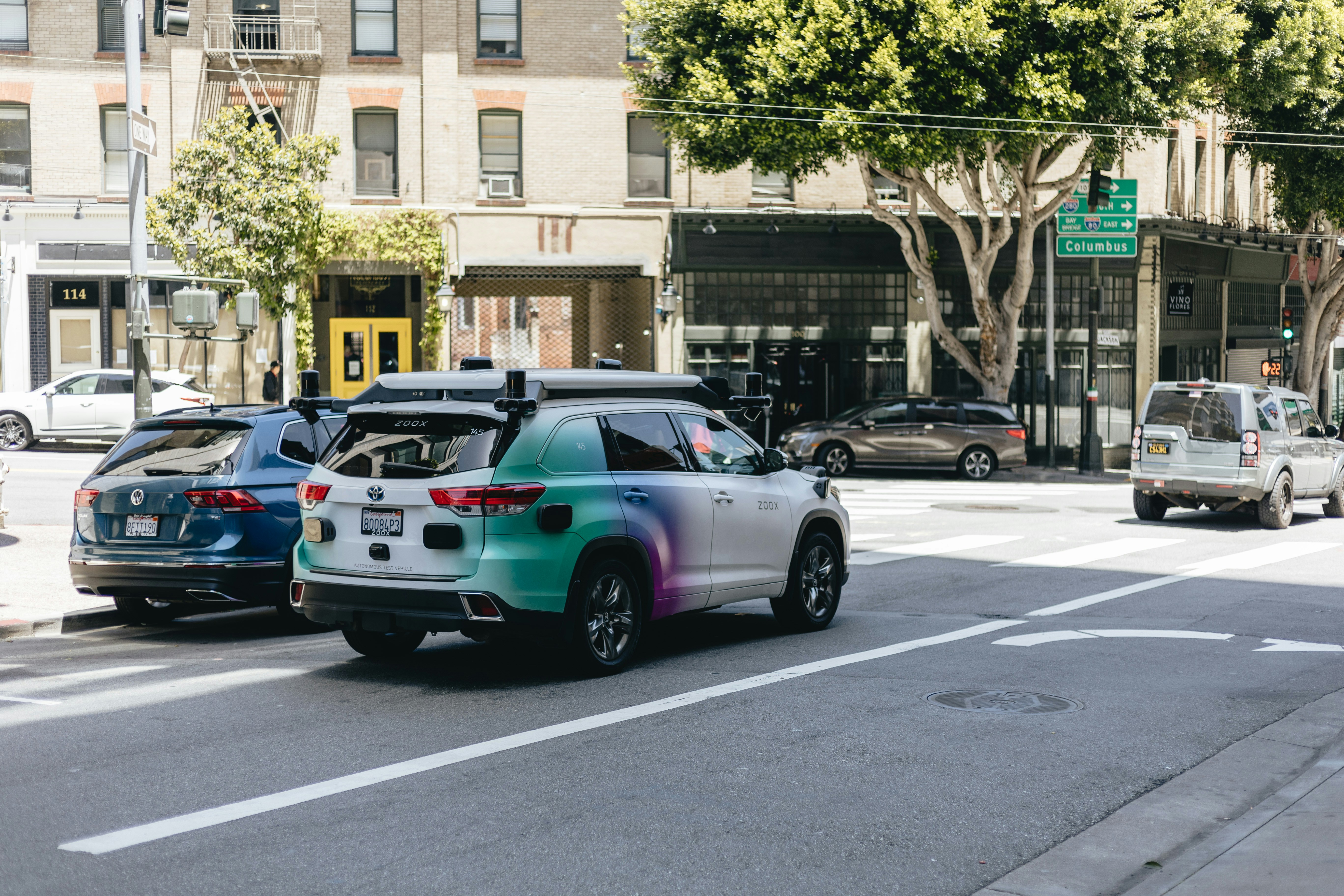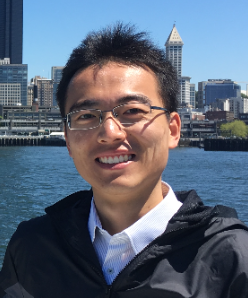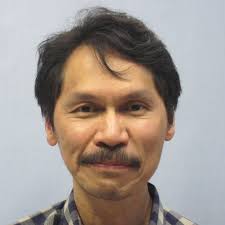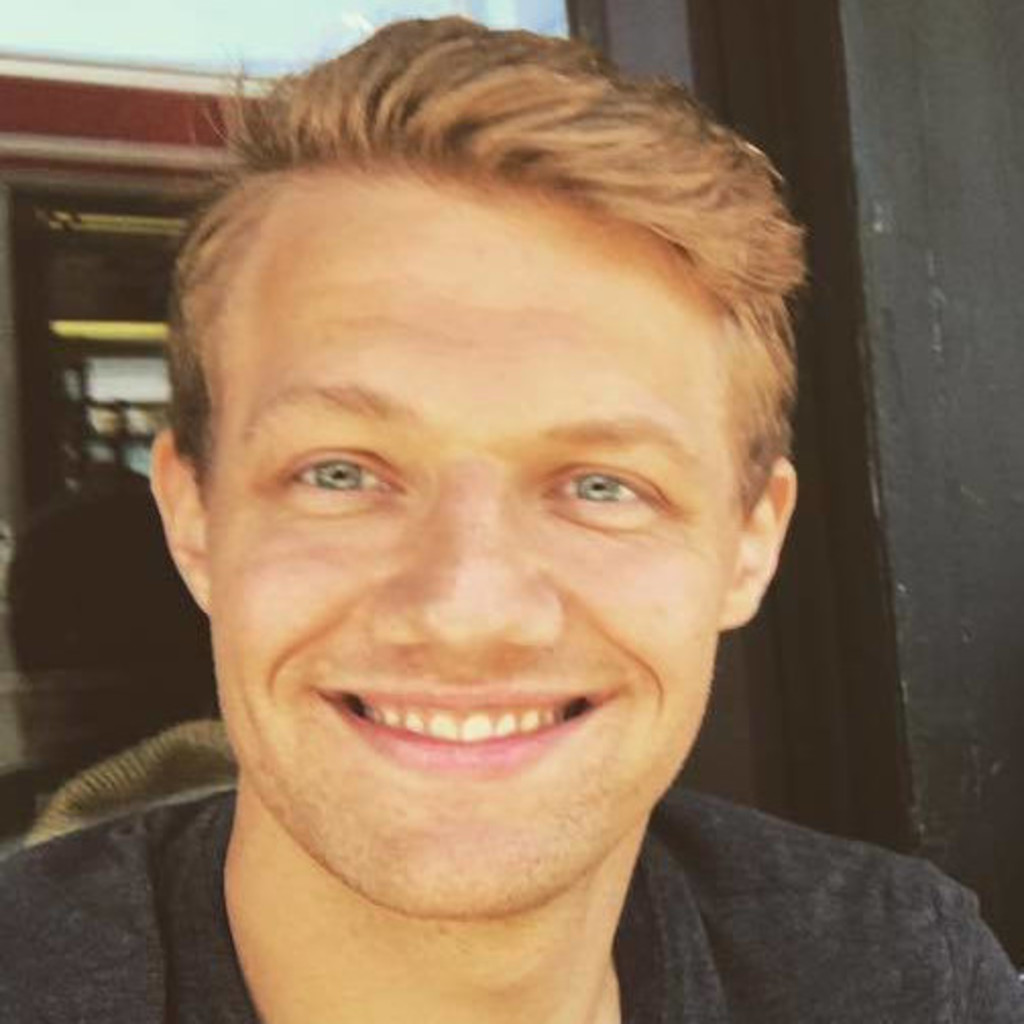About the workshop
 Recently, embodied intelligence has achieved transformative breakthroughs, driven by advances in artificial intelligence algorithms and multimodal foundation models.
These models, trained on vast cross-modal datasets (vision, language, 3D geometry), empower autonomous robots and systems with grounded multimodal understanding –
enabling contextual environmental reasoning, autonomous decision-making under uncertainty, and execution of multi-stage tasks through dynamic action chaining.
Such capabilities significantly enhance robotic generalization across unseen scenarios, accelerating the evolution from task-specific automation to adaptive embodied agents capable of zero-shot capability.
As we look to the future, enabling robots to operate reliably in open-world environments remains a significant challenge.
In such challenging environments, each robot is expected to learn/adapt their surrounding environment via intelligent sensors (such as optical, vision or acoustic sensors) while maintain world models
updated through active exploration.
Here, hybridizing foundation models’ semantic reasoning (LLMs, VLMs) with classical planning show promise in comprehensively perception of the physical world.
Recently, embodied intelligence has achieved transformative breakthroughs, driven by advances in artificial intelligence algorithms and multimodal foundation models.
These models, trained on vast cross-modal datasets (vision, language, 3D geometry), empower autonomous robots and systems with grounded multimodal understanding –
enabling contextual environmental reasoning, autonomous decision-making under uncertainty, and execution of multi-stage tasks through dynamic action chaining.
Such capabilities significantly enhance robotic generalization across unseen scenarios, accelerating the evolution from task-specific automation to adaptive embodied agents capable of zero-shot capability.
As we look to the future, enabling robots to operate reliably in open-world environments remains a significant challenge.
In such challenging environments, each robot is expected to learn/adapt their surrounding environment via intelligent sensors (such as optical, vision or acoustic sensors) while maintain world models
updated through active exploration.
Here, hybridizing foundation models’ semantic reasoning (LLMs, VLMs) with classical planning show promise in comprehensively perception of the physical world.
Speakers









Program
The workshop will feature prominent speakers, and contributions from the intelligent vehicles and mobile robotics community. The workshop is happening in-person in Hangzhou, CHN. Additionally we welcome participants to listen and contribute virtually via zoom.
| Time (CET) | Talk Title | Speaker |
|---|---|---|
| 13:20-13:40 | Keynote Talk 1 | Dinesh Manocha |
| 13:40-14:00 | Visual SLAM and 3D Reconstruction in Continuously Degrading Environments | Huilin Yin |
| 14:00-14:20 | Towards End-to-end Panoptic Mapping | Yue Wang |
| 14:20-14:40 | Open-vocabulary Maps | Javier Civera |
| 14:40-15:00 | Human-like Autonomy for Smart Mobility and Robotics | Chen Lv |
| 15:00-15:30 | Coffee break | |
| 15:30-15:50 | Learning Robust Vehicle Navigation Under Perception Uncertainties | Zhe Liu |
| 15:50-16:10 | Curb following of Autonomous Vehicles | Yuanzhe Wang |
| 16:10-16:30 | Unifying Neuro-Symbolic Learning for Robot Autonomy | Chen Wang |
| 16:30-16:50 | Towards Multimodal Test-time Adaptation for Robotic and Vehicle Perception | Jianfei Yang |
| 16:50-17:35 | Workshop Paper Spotlight | |
| 17:35-18:00 | Q&A Session | Guided Q&A Session and closing |
Call for Papers
This workshop is intended to identify the challenges associated with the software development of autonomous vehicles and to foster discussion about how current research can address them. We invited papers for submission to the workshop related to the topics of ITS, autonomous vehicles, robotics, embodied AI, motion planning, perception and modeling.
Papers to IEEE/RSJ IROS 2025 can be submitted on the [OpenReview Portal]. The page limit is 8 pages. The page limit includes the references, appendixes etc. All papers must be submitted in PDF (up to 6MB) and must follow the IROS double column format. Information and templates are available [here].
· Submission Deadline: Sep 1, 2025
· Notification of Paper Acceptance: Sep 15, 2025
· Venue Start Date: Oct 20, 2025
We are pleased to announce that our workshop will be collaborating with the Journal of Intelligent & Robotic Systems to organize a Special Issue. Selected papers presented at the workshop will be invited for submission to this Special Issue. Extended versions of the submitted works will undergo a rigorous peer-review process for potential publication.
Accepted Papers and Presentations
The following papers have been accepted for the IROS 2025 Workshop and will be presented in the spotlight session.
1. ExImView3D: Multi-attribute Assisted Explicit-Implicit Joint View Projection for 3D Visual Grounding. Huming Zhu, Cheng Xinyue, Yiyu Xue, Zhixian Li.
2. Proactive Multi-UAV Positioning, Path Planning, and Task Scheduling in UAV-assisted Vehicular Network. Peisong Li, Meng Yi, Zhi Wang.
3. DBPnet: Damper Characteristics-Based Bayesian Physics-Informed Neural Network for Wheel Load Estimation. Tianyi Zeng, Tianyi Wang, Zimo Zeng, Feiyang Zhang, Yajie Zou, Yangyang Wang, Junfeng Jiao, Christian Claudel, Chenxinbo.
4. Model-Structured Neural Networks to Control the Steering Dynamics of Autonomous Race Cars. Mattia Piccinini, Aniello Mungiello, Georg Jank, Gastone Pietro Rosati Papini, Francesco Biral, Johannes Betz.
5. Analytic Approximation of Comfort-Aware Nonlinear Trajectory Optimization for Path Tracking in Passenger Vehicles. Tae Hoon Lee, Changhee Kim, Kwanwoo Park, Dongjun Lee.
6. A Robust and High-Precision Framework for Trailer Hitching under Sensor Uncertainty and Diverse Initial Conditions. Kihong Kim, Jisub Kwak, Sangyoon Han, Dongjun Lee.
7. Precision Lidar-Visual-Wheel Odometry and 3D Mapping with Geometric Information in Dynamic Port Environments. Jisub kawk, Kihong Kim, Dongjun Lee.
8. Towards Scale-consistent Deep Monocular Visual SLAM in Indoor Environments: A Dataset and Benchmark. HyoseokJu, Giseop Kim.
9. Enhanced Probabilistic Collision Detection for Motion Planning Under Sensing Uncertainty. Xiaoli Wang, Sipu Ruan, Xin Meng, Gregory S Chirikjian.
10. Scene2Sim: Lightweight Annotation-Driven Simulation for Safety-Critical Autonomous Driving Evaluation. S M Jubaer.
11. GSCE SLAM: 3D Gaussian Splatting SLAM with Clip-based Enhancement for Low-light and Noise Resilience. Huilin Yin, Zhaolin Yang, Linchuan Zhang, Johannes Betz, Gerhard Rigoll.
12. iWalker: Imperative Visual Planning for Walking Humanoid Robot. Xiao Lin, Yuhao Huang, Taimeng Fu, Xiaobin Xiong, Chen Wang.
13. IAO-SLAM: Real-time Illumination-Aware Object SLAM for Robust Perception in Low-Light Environments. Pengju Zhen, Huilin Yin, Linchuan Zhang, Xin Su.
14. Meta-Learning for Rapid Adaptation in Assistive Navigation: A Capability-Aware Approach. Jasraj Budigam.
15.The Stiefel-Procrustes Bridge: Differential Geometric Framework for Smooth Robot Locomotion-Manipulation Transitions. Gordei Verbii.
Workshop Poster

Organizers



Assistant Professor
Department of Mobility Systems Engineering
Technical University of Munich
Sponsorship and Endorsement

IEEE Robotics and Automation Society(RAS) Technical Committee support.
Leading provider of professional motion capture solutions for robotics research and development. [NOKOV]
